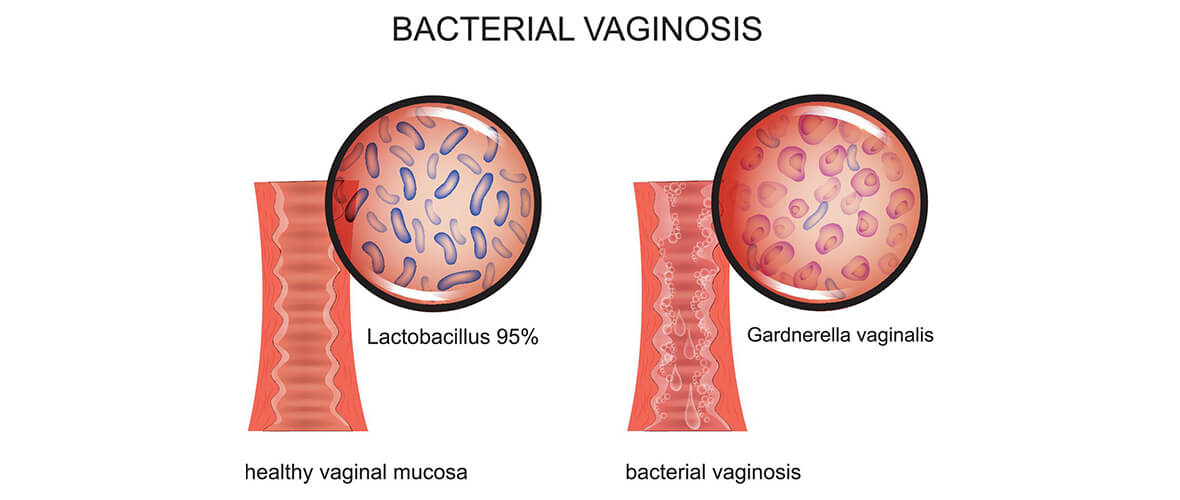Also Known as Triple Test, Multiple Marker Screening and AFP Plus The triple screen test is a maternal blood screening test that looks for three specific substances: AFP, hCG, and Estriol.
AFP: alpha-fetoprotein is a protein that is produced by the fetus.
hCG: human chorionic gonadotropin is a hormone produced within the placenta
Estriol: estriol is an estrogen produced by both the fetus and the placenta
It is a non-invasive procedure done through a blood test with little to no known risk to the mother or developing baby.
What is a screening test?
It is very important to remember what a screening test is before getting one performed. This will help alleviate some of the anxiety that can accompany test results. Screening tests do not look only at results from the blood test. They compare a number of different factors (including age, ethnicity, results from blood tests, etc…) and then estimate what a person’s chances are of having an abnormality.
These tests DO NOT diagnose a problem; they only signal that further testing should be done.
How is the triple screen test performed?
The triple screen test involves drawing blood from the mother which takes about 5 to 10 minutes. The blood sample is then sent to the laboratory for testing. The results usually take a few days to receive.
What are the risks and side effects to the mother or baby?
Except for the discomfort of drawing blood, there are no known risks or side effects associated with the triple screen test.
When is the triple screen test performed?
The triple screen test is performed between the 15th and 20th week of pregnancy although results obtained in the 16th -18th week are said to be the most accurate.
All pregnant women should be offered the triple screen, but it is recommended for women who:
- Have a family history of birth defects
- Are 35 years or older
- Used possible harmful medications or drugs during pregnancy
- Have diabetes and use insulin
- Had a viral infection during pregnancy
- Have been exposed to high levels of radiation
What does the triple screen test look for?
The triple screen is measuring high and low levels of AFP and abnormal levels of hCG and estriol. The results are combined with the mother’s age, weight, ethnicity, and gestation of pregnancy in order to assess probabilities of potential genetic disorders.
High levels of AFP may suggest the developing baby has a neural tube defect such as spina bifida or anencephaly.
However, the most common reason for elevated AFP levels is inaccurate dating of the pregnancy. Low levels of AFP and abnormal levels of hCG and estriol may indicate that the developing baby has Trisomy 21 (Down Syndrome), Trisomy 18 (Edwards Syndrome) or another type of chromosome abnormality.
Although the primary reason for conducting the test is to screen for genetic disorders, the results of the triple screen can also be used to identify:
- A multiples pregnancy
- Pregnancies that are more or less advanced than thought
What do the triple test results mean?
It is important to remember the triple test is a screening test and not a diagnostic test. This test only notes that a mother is at possible risk of carrying a baby with a genetic disorder. The triple screen test is known to have a high percentage of false-positive results.
Abnormal test results warrant additional testing for making a diagnosis.
A more conservative approach involves performing a second triple screen followed by a high definition ultrasound. If the testing still maintains abnormal results, a more invasive procedure like amniocentesis may be performed. Invasive testing procedures should be discussed thoroughly with your healthcare provider and between you and your partner.
Additional counseling and discussions with a counselor, social worker or minister may prove helpful.
What are the reasons for further testing?
The triple screen is a routine screening that is not an invasive procedure and poses no risks to the mother or baby. The abnormal triple screen results often warrant additional testing. The reasons to pursue further testing or not vary from person to person and couple to couple.
Performing further testing allows you to confirm a diagnosis and then provides you with certain opportunities:
- Pursue potential interventions that may exist (i.e. fetal surgery for spina bifida)
- Begin planning for a child with special needs
- Start addressing anticipated lifestyle changes
- Identify support groups and resources
- Make a decision about carrying the child to term
Some individuals or couples may elect not to pursue testing or additional testing for various reasons:
- They are comfortable with the results no matter what the outcome is
- Because of personal, moral, or religious reasons, making a decision about carrying the child to term is not an option
- Some parents choose not to allow any testing that poses any risk of harming the developing baby
It is important to discuss the risks and benefits of testing thoroughly with your healthcare provider. Your healthcare provider will help you evaluate if the benefits from the results could outweigh any risks from the procedure.
Compiled using information from the following sources:
1. Mayo Clinic Complete Book of Pregnancy and Babys First Year Johnson, Robert V., et al, Ch. 6
American Family Physician
2. American Academy of Family Physicians






